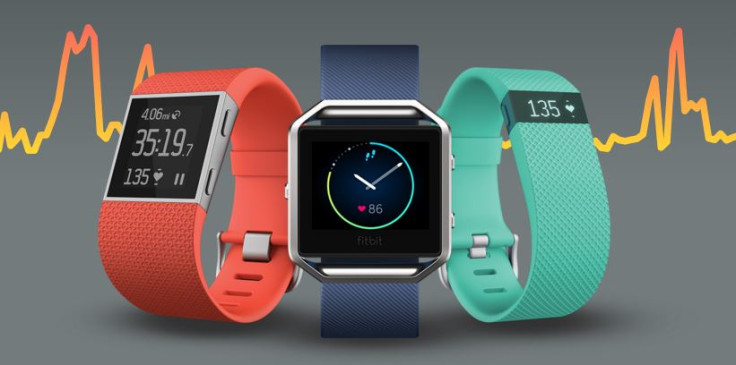Fitbit faces class action lawsuit over accuracy of Surge and Charge HR
Fitbit accused of false claim on PurePulse heart rate technology

Fitbit faces a class action lawsuit which alleges that the fitness tracking company's devices provide "widely inaccurate" reading of heart rates of wearers. Filed in the US District Court for the Northern District of California, San Francisco Division, the lawsuit contends that Fitbit falsely claims its PurePulse heart rate technology records accurate heart rates.
"The PurePulse Trackers do not and cannot consistently and accurately record wearers' heart rates during the intense physical activity for which Fitbit expressly markets them," says the lawsuit.
The company's two wearable devices, Fitbit Surge and Charge HR, use PurePulse heart rate technology. Fitbit has sold 3,866,000 units of fitness trackers, most of the sales coming from the Charge HR. The company attributed 78% of its first quarter revenue in 2015 to the Charge HR and the Surge.
Although Fitbit advertises the capability of its activity trackers to accurately record the wearer's heart rate during intense physical activity, the lawsuit notes that plaintiffs and several other consumers found the PurePulse trackers consistently mis-read heart rates "by a significant margin", especially during exercise.
Despite Fitbit's advertisements touting accurate heart rate recording capability, the ads as well as product descriptions do not suggest that PurePulse technology works at low or resting heart rates, the suit contends. Fitbit, on the contrary, markets the PurePulse trackers for activity and fitness, and promotes them for use during high-intensity workouts. The suit further notes that the "amount in the controversy exceeds $5,000,000 (£3, 421,02)."
One of the plaintiffs, Teresa Black, claims her Charge HR under-recorded her heart rate while exercising. After a high-intensity routine when Black and her trainer compared the Charge HR's heart rate reading with a manual hear rate test, they found that the "PurePulse tracker significantly under-recorded her heart rate. Another plaintiff, Kate McLellan, is among scores of customers claiming a similar experience.
"Workouts I know I've kept my heart rate in the 140-170 range; Fitbit says an average of 100 bpm and a max of 120. I've measured it against a chest strap as well as machines at the gym. It's just not accurate, simple as that. Huge disappointment. Not to mention it randomly stops tracking heart rate during the workout...," states a user review on the Amazon site.
Fitbit's refutation
In a statement issued to Ars Technica, a FitBit spokesperson said the company's fitness trackers are designed to provide meaningful data.
"We do not believe this case has merit. Fitbit stands behind our heart rate technology and strongly disagrees with the statements made in the complaint and plans to vigorously defend the lawsuit. Fitbit is committed to making the best clip and wrist-based activity trackers on the market.
"Our team has performed and continues to perform internal studies to validate our products' performance... But it's also important to note that Fitbit trackers are designed to provide meaningful data to our users to help them reach their health and fitness goals, and are not intended to be scientific or medical devices."
© Copyright IBTimes 2025. All rights reserved.





















